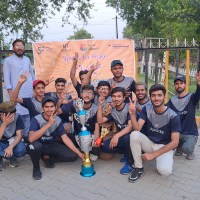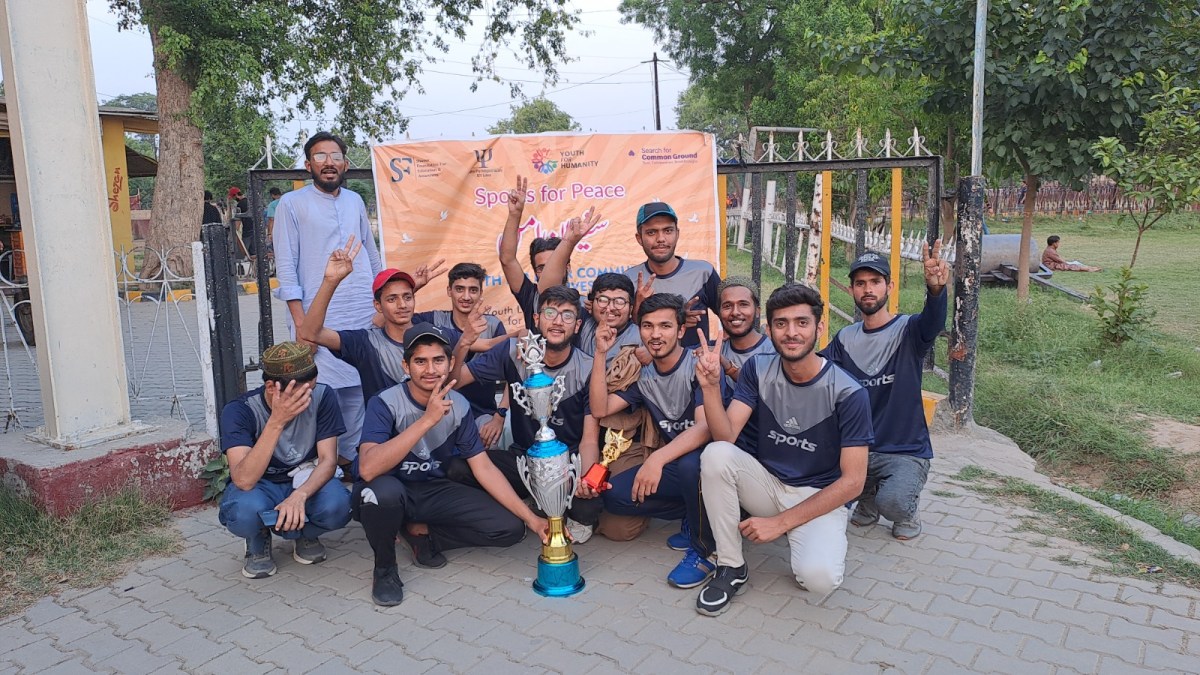Hafiz* Naeem hits the ball, leans his body slightly forward, and torpedoes toward the opposite wicket. He scores, slows to turn, and then blasts back to his wicket. Moving at full speed towards a goal and slowing to pivot before taking off again is a metaphor for Hafiz Naeem’s journey as a peacebuilder. And with the successful implementation of his multi-faith cricket tournament uniting Sunni and Shia Muslims, Christians, Sikhs, and Hindus, Hafiz Naeem is soaring.
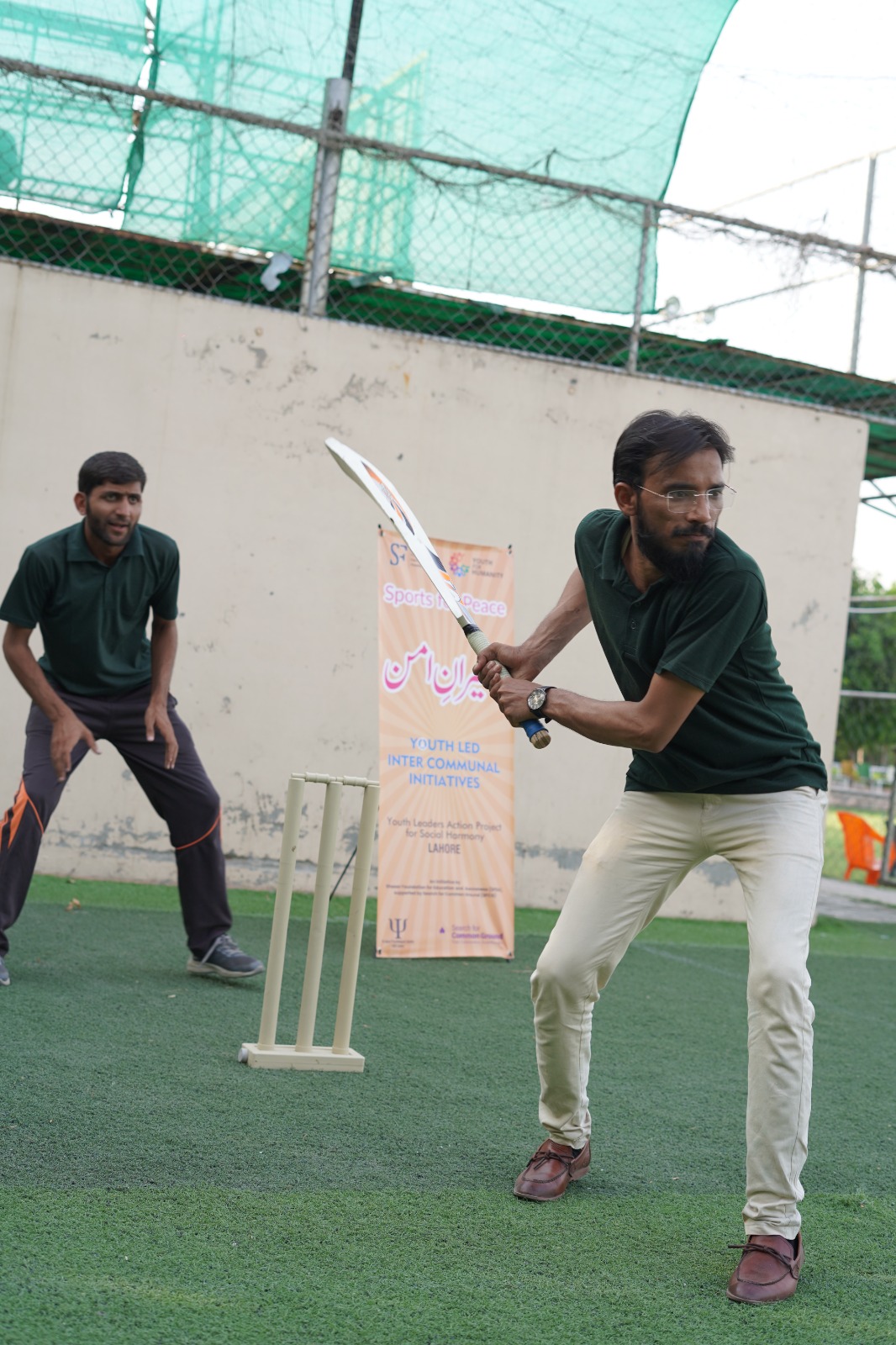
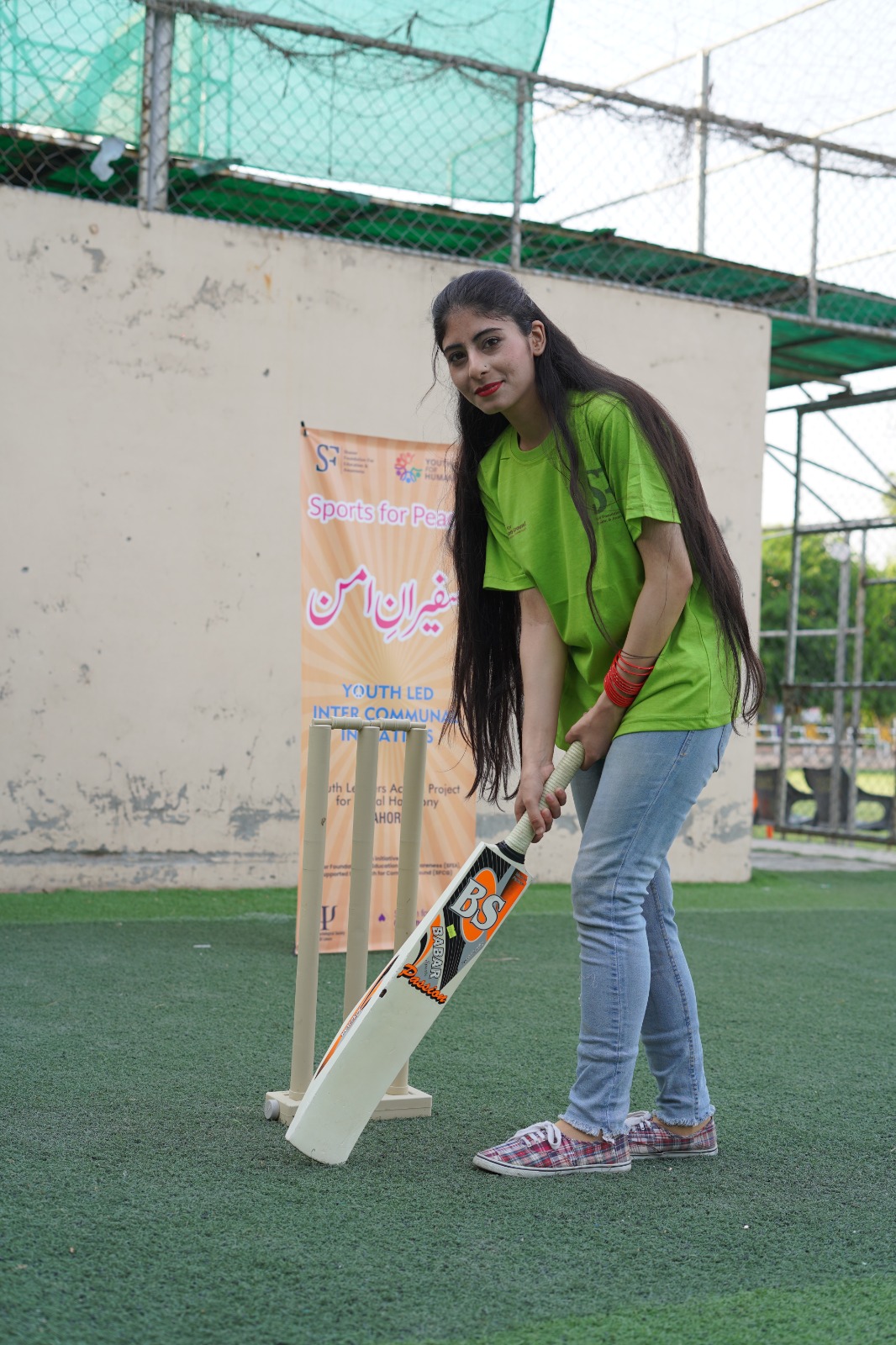
We first met Hafiz Naeem when he applied to our Youth for Humanity project in Lahore. Youth for Humanity invites young people from different religions and sects to participate in interfaith, intrafaith, and community dialogues as an introduction to peacebuilding. Before they attend dialogue sessions, Youth for Humanity participants receive training in the Common Ground Approach, where they learn how to listen, appreciate different perspectives, and manage conflict away from violence. Youth for Humanity’s capstone project is to develop and implement a collaborative action plan for a local peacebuilding initiative.
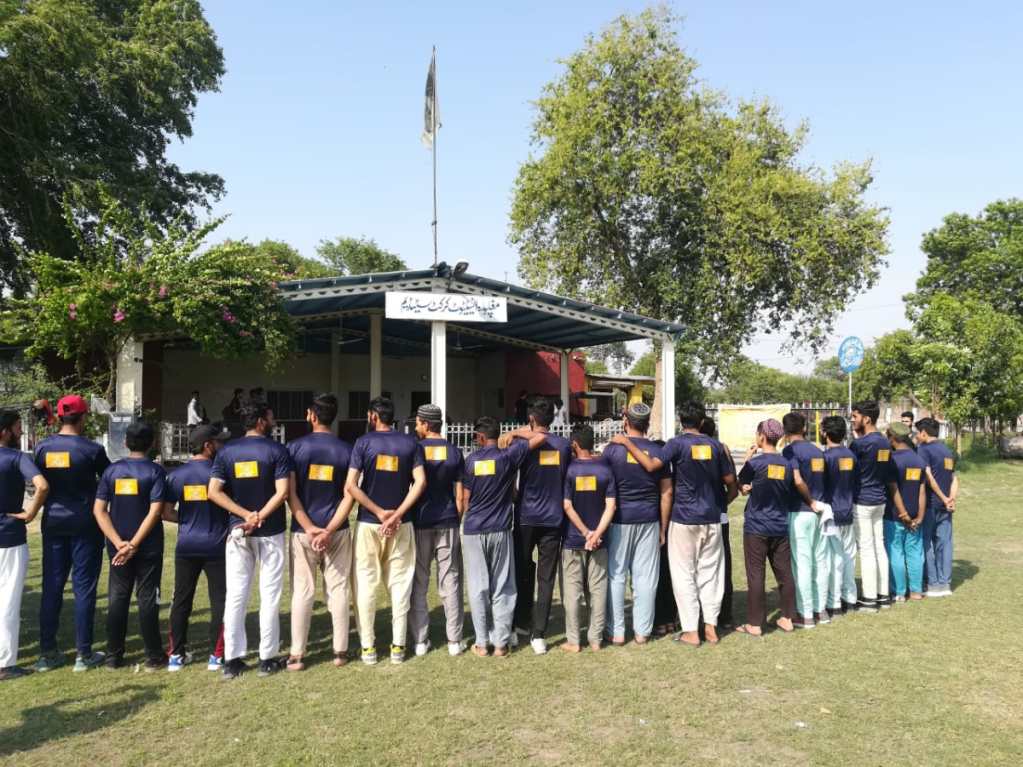
Like a cricket player slowing to turn, working with Youth for Humanity transformed Hafiz Naeem’s mindset. When Hafiz Naeem was a young boy living in rural Pakistan, he was not allowed to visit different houses of worship. Attending university afforded him the opportunity to sit with people from different sects and religions and learn about their beliefs for the first time. His participation in Youth for Humanity was a natural next step.“Religion taught me to love and serve others, but it was the Youth for Humanity project that showed me how to bridge gaps between different faiths,” Hafiz Naeem reflected. Soon after his acceptance into the program, Hafiz Naeem became a trainer for the project, and later, Youth for Humanity’s coordinator for Lahore, where he selects program candidates, holds dialogues, and advises on action plans.
In one networking session, Hafiz Naeem experienced how people from across dividing lines of religion, sect, and ethnicity participated in identity exercises to discover what they had in common. This experience helped prepare him for what happened next. A local factory manager was lynched by a group of Muslims and inter-religious tensions skyrocketed. Drawing on his Youth for Humanity training, Hafiz Naeem invited factory workers to attend a community dialogue in a private setting to talk through these sensitivities, preventing further violence.
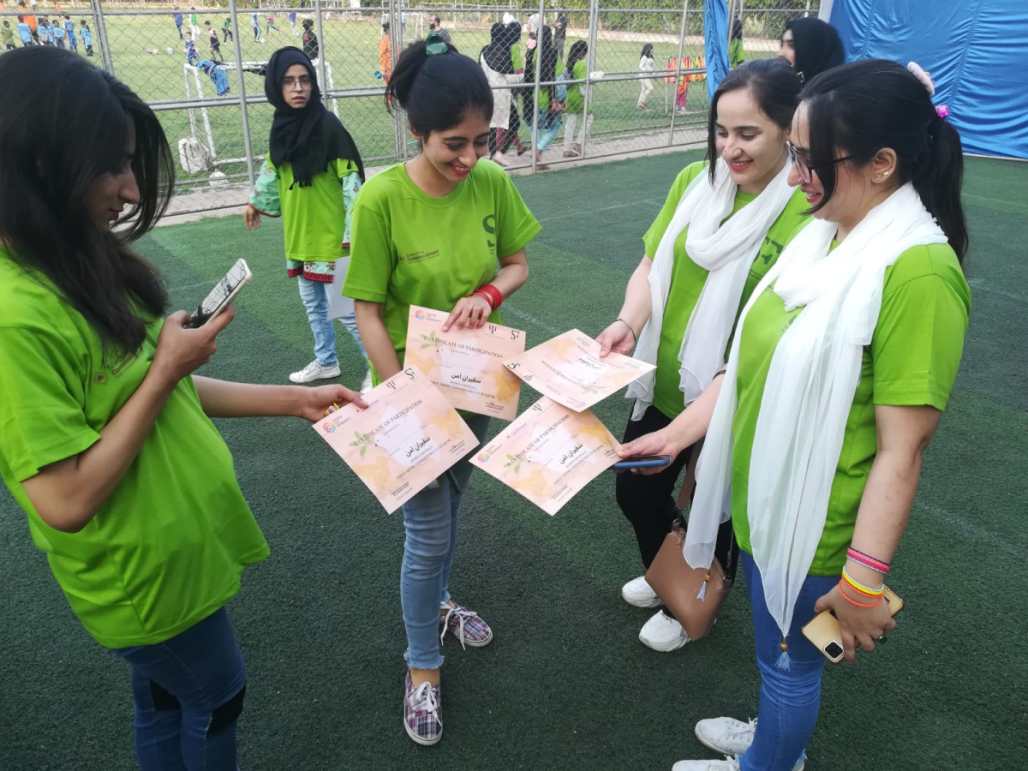
For his action plan, Hafiz Naeem envisioned having a cricket tournament where each 11-person team had members of different religious sects, faiths, and genders. He gathered players for six teams and announced his two-day tournament. As players engaged and cooperated with one another in order to win, they shared their personal stories, which fostered understanding and connection. Friendships blossomed and continued growing over social media after the tournament ended. With Hafiz Naeem’s support, participants started organizing peacebuilding events on their own.
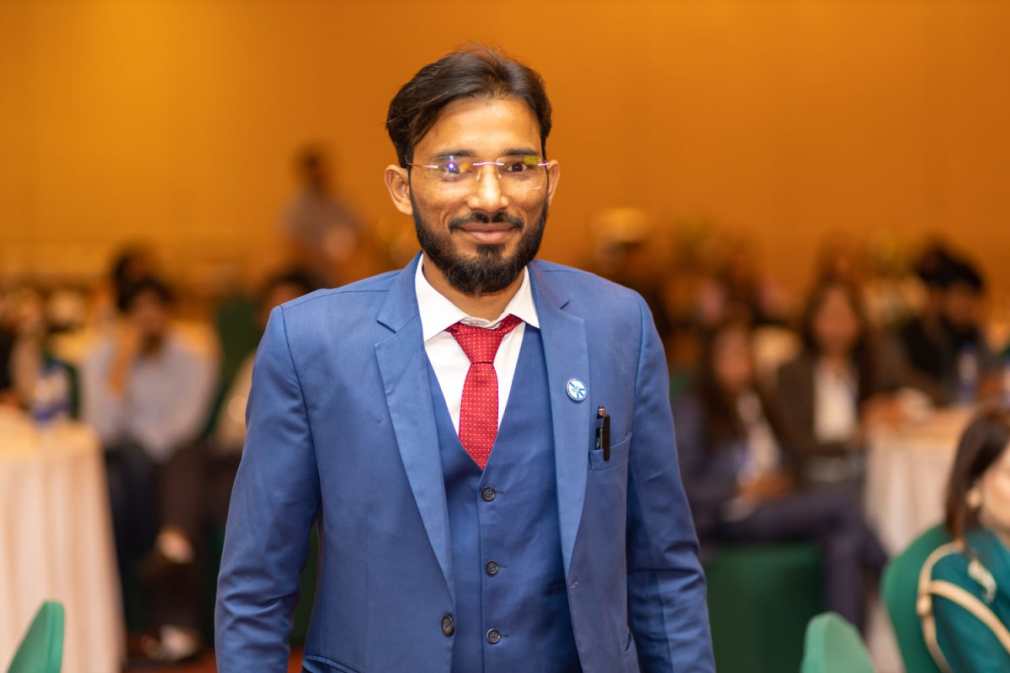
“The Youth for Humanity Project illuminated the path of understanding and compassion for me. It provided me with tools to build bridges of harmony between faiths, and I am committed to spreading its message of unity far and wide,” Hafiz Naeem says, and he is living up to his word. Building on the cricket tournament’s success, Hafiz Naeem started combining peacebuilding and art in public events.
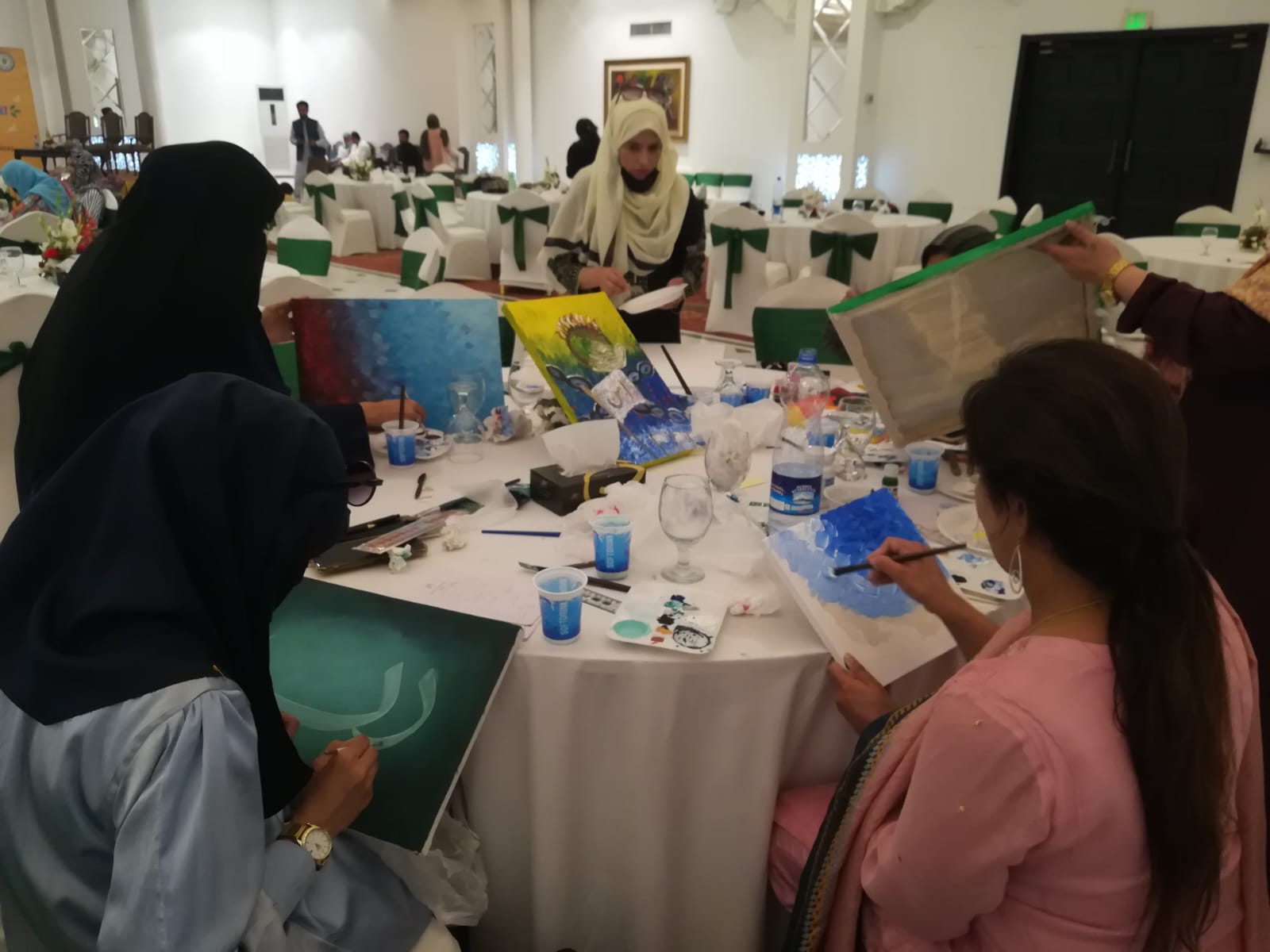
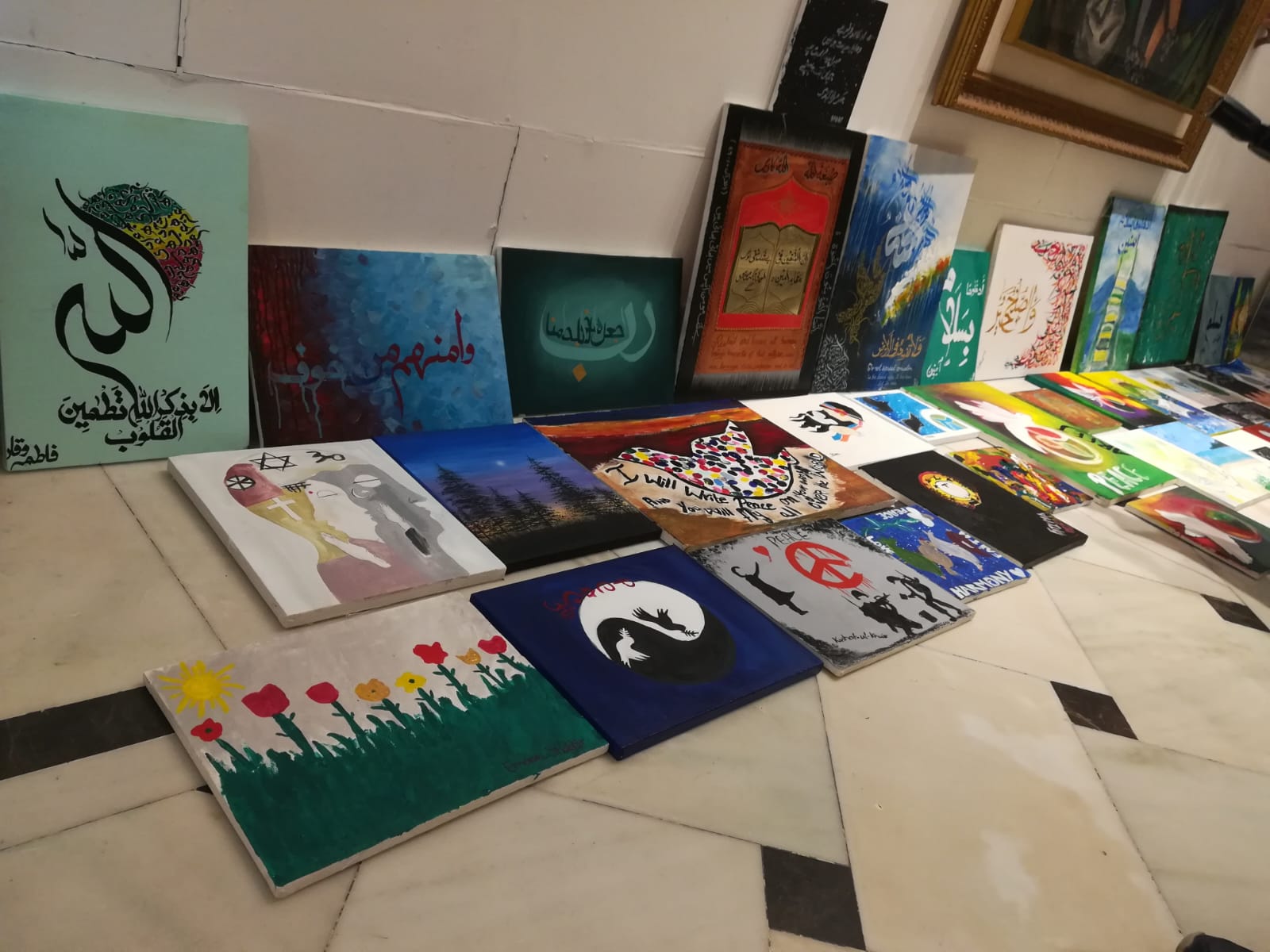
Under the theme, Peace through Art, Hafiz Naeem held poetry readings, storytelling events in which members from marginalized communities throughout Pakistan shared their experiences, and art nights where artists from diverse backgrounds gathered in a cultural hall to paint their own interpretations of peace. Hafiz Naeem sees how these events encourage tolerance as people collaborate over art.
Nearly 3,000 people in total have attended Hafiz Naeem’s events, taking peacebuilding to heart. Attendees and participants started speaking out against defamatory information spread about marginalized groups. More people from diverse backgrounds now engage in interreligious dialogues, learning about one another’s beliefs instead of challenging them. As in cricket, where there is no limit to the number of runs a batter can score off a single delivery, there is no limit to how much peace we can build when we engage in dialogue and connect across our differences.
*Hafiz is a title conferred on people who have memorized the entire Quran.

